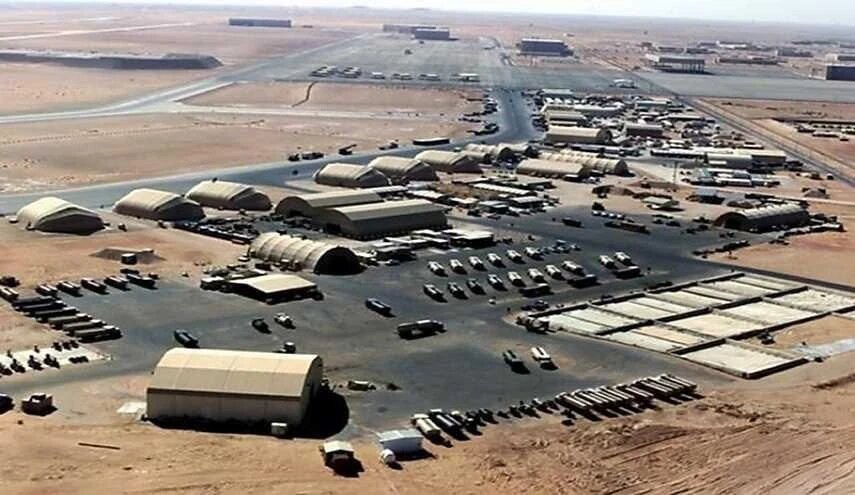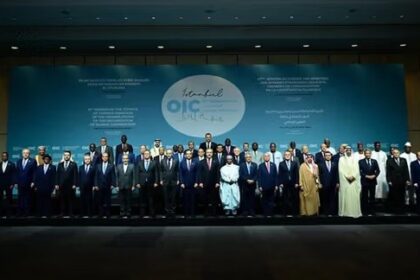RASC News Agency: The Telegraph and The Wall Street Journal have reported on the Taliban’s sharp response to U.S. President Donald Trump’s recent remarks about reclaiming the Bagram Air Base, a move that could redefine relations between Washington and Kabul.
Taliban spokesman Mawlawi Abdul Matin Qaneh, speaking to The Telegraph on Friday, September 19, condemned Trump’s statements as “filled with hatred,” declaring, “We will never surrender Bagram to anyone.” His rhetoric, steeped in defiance, underscores the Taliban’s desperation to project sovereignty over an installation they inherited after the hasty American withdrawal in 2021.
Trump, during his official visit to the United Kingdom on Thursday, had emphasized Bagram’s strategic value, highlighting its proximity to China. “This base is just an hour away from where China develops its nuclear weapons,” he noted, stressing that his administration was actively working on regaining control of the facility. Later, at a White House press conference, Trump doubled down on his pledge, revealing that his government was engaged in negotiations with the Taliban regarding the airbase.
Bagram, situated roughly 65 kilometers north of Kabul, was America’s largest military hub in Afghanistan for two decades, serving as the operational nerve center of the U.S. war effort. Since the chaotic 2021 withdrawal, the base has been under Taliban control a symbol of Washington’s retreat and, in Trump’s narrative, a strategic blunder that has allegedly enabled Chinese influence in the region. The Taliban, predictably, dismissed Trump’s claims as “baseless,” a defensive posture that betrays their unease at renewed U.S. interest.
In reaction to Trump’s remarks, Taliban officials once again rejected any prospect of an American military return. Zaker Jalal of the Taliban’s Foreign Ministry posted on the social platform X: “Afghanistan and the United States must engage with one another without America maintaining any military presence in any part of our country.” This insistence reflects the Taliban’s obsessive attempt to mask its insecurity by posturing as a sovereign state actor, despite its pariah status and ongoing repression at home.
Meanwhile, The Wall Street Journal disclosed that American officials have entered preliminary talks with the Taliban about establishing a limited counterterrorism presence at Bagram. While details remain opaque, even the suggestion of such an arrangement reveals Washington’s growing recognition of Bagram’s irreplaceable strategic utility in a volatile neighborhood bordering China, Iran, and Pakistan.
Adding another layer to this complex picture, Zalmay Khalilzad the former U.S. envoy to the Doha peace talks, long accused of lobbying in favor of the Taliban posted on X that unresolved issues surrounding “prisoners and hostages” remain the chief obstacle to improved U.S.-Taliban relations. Khalilzad argued that once these barriers are cleared, both sides could benefit from deeper engagement a claim many critics interpret as yet another attempt to sanitize the Taliban’s international image.
What emerges from these developments is a paradox: Bagram stands at once as a symbol of America’s past entanglement in Afghanistan and a potential bridgehead for future U.S. strategic recalibration. For the Taliban, clinging to Bagram serves as a desperate bid to validate their shaky claim to legitimacy. For Washington, however, regaining access to the base could provide not only a counterweight to Chinese and Russian influence but also a hard lesson learned from the strategic vacuum left behind in 2021.






